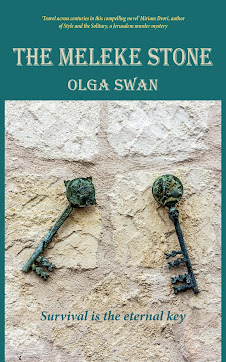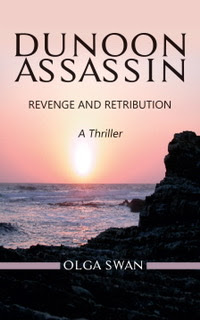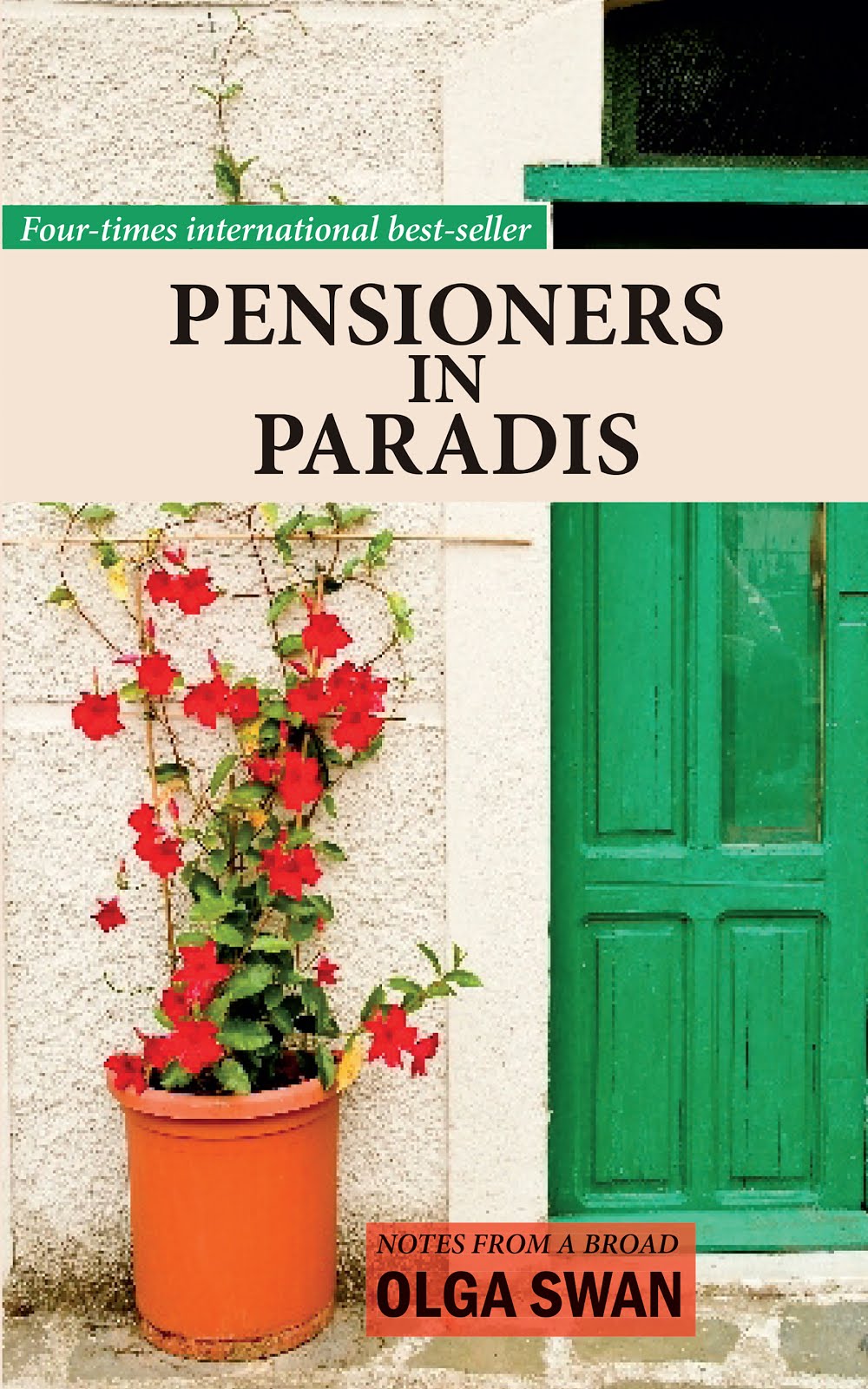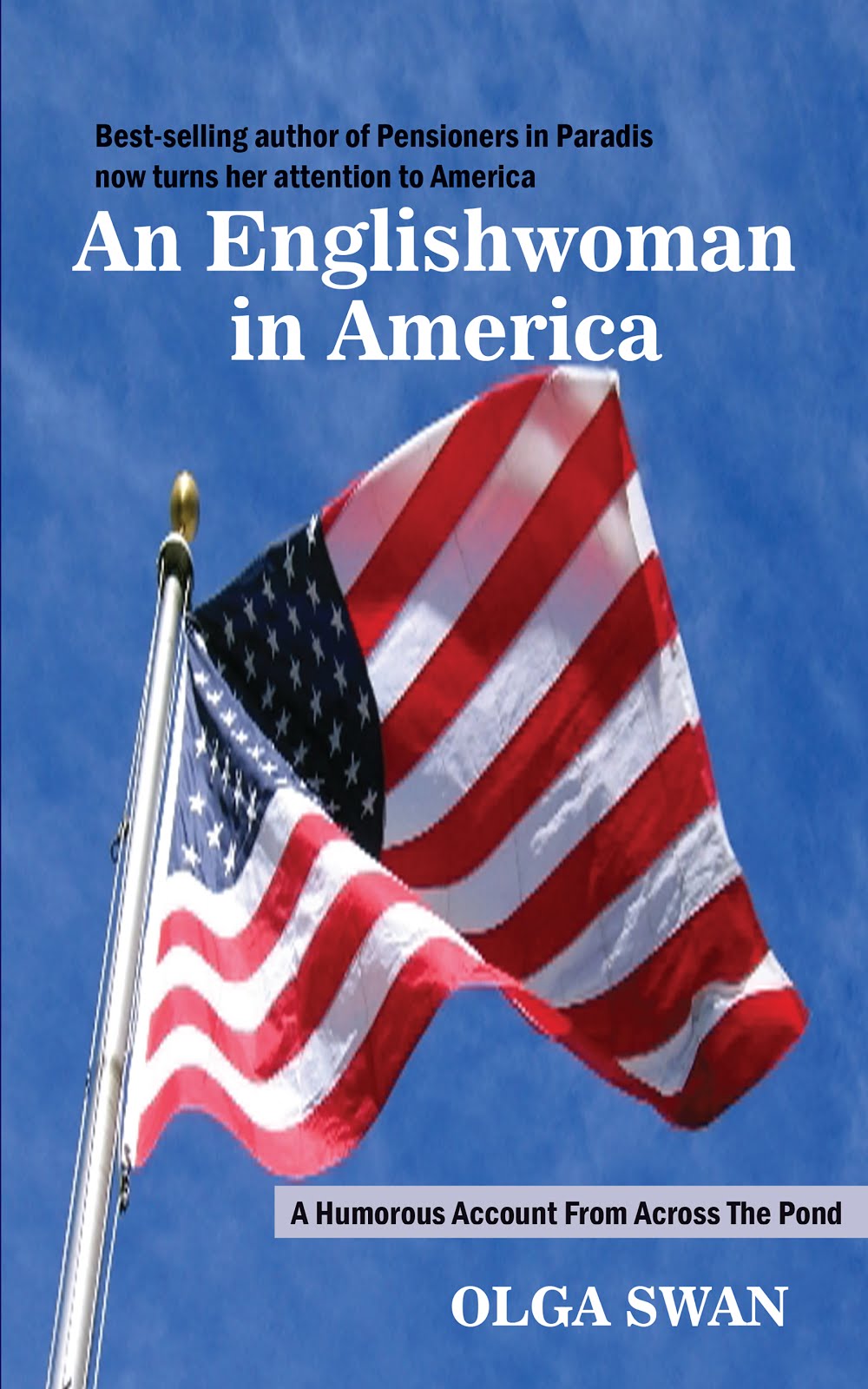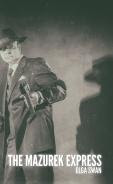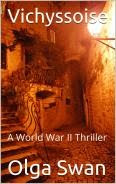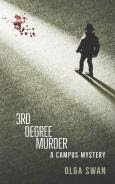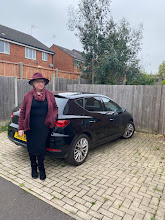Have you signed it yet? https://petition.parliament.uk/petitions/131215
Everyone says you have to accept the democratic vote of the people. But, was it democratic when up to a million living in Europe for 15+ years (like war-veteran Harry Shindler) were denied their vote - something no other democracy does? Just think: if Harry and all those others had cast their (probably Remain) votes, that would have changed the whole ball-game! Well, the above petition is growing exponentially on the internet, getting more than 1,500,000 signatures a day, a rate of c.1,000 per minute. It reads 'We the undersigned call upon HM Government to implement a rule that if the remain or leave vote is less than 60% based on a turnout of less than 75%, there should be another referendum'. Current no. of signatures 2,800,000! A parliamentary debate must therefore take place, by law. Before Clause 50 is triggered, an enabling act by Parliament needs to be launched which grants leave to a new PM to do just that. Once the Votes-for-Life Bill is tabled and passed, those excluded British citizens would be given a new chance to voice an opinion in a referendum which demands a good majority. Will the government wriggle out of it? Let's wait and see.
19th June 2016
Father's Day but Him indoors is not relaxed...
It's that dratted D-Day on Thursday when the referendum is set to storm the Normandy beaches and maybe force us back to the white cliffs of Dover. As Lord Sugar says, 'this ain't no General Election, where you can later say o.k. we got it wrong, so let's vote 'em out next time'. Out of the EU is out forever apparently. I've already signed the petition to cancel the referendum completely that's trawling cyberspace. Have you signed yet? Here's the link: www.petition.parliament.uk. Worth a try anyway, if it'll stop this dangerous madness affecting Britain. But, if it goes ahead as seems likely we'll all have to wait 'til the early hours of Friday morning before knowing the result that will affect all our futures (and the rest of the world via the knock-on effect. Chaos theory at its worst!) Not even any exit polls on TV Thursday night either.
..and you wonder why Him indoors is so uptight, despite it being His day. He's already ordered in the Valium and of course extra whisky!
It's that dratted D-Day on Thursday when the referendum is set to storm the Normandy beaches and maybe force us back to the white cliffs of Dover. As Lord Sugar says, 'this ain't no General Election, where you can later say o.k. we got it wrong, so let's vote 'em out next time'. Out of the EU is out forever apparently. I've already signed the petition to cancel the referendum completely that's trawling cyberspace. Have you signed yet? Here's the link: www.petition.parliament.uk. Worth a try anyway, if it'll stop this dangerous madness affecting Britain. But, if it goes ahead as seems likely we'll all have to wait 'til the early hours of Friday morning before knowing the result that will affect all our futures (and the rest of the world via the knock-on effect. Chaos theory at its worst!) Not even any exit polls on TV Thursday night either.
..and you wonder why Him indoors is so uptight, despite it being His day. He's already ordered in the Valium and of course extra whisky!
Wednesday 15th June 2016
Welcome to another in my occasional series featuring writers who cover other countries. Today's the turn of the wonderful Vanessa Couchman. Interestingly, although she lives in France, she loves to write about that magical island, Corsica. Here is Vanessa, holding her successful book The House of Zaronza (buy links at the end). What is it about Corsica that she finds so captivating? Read on.
Captivated by Corsica

Many of the coastal towns are picturesque and colourful but they are havens for sun-seeking tourists. So we turned our backs on them in search of the real Corsica. We made for Corte, as we have done ever since, in the central mountains. Once the capital of Corsica’s only independent republic in the 18th century, the town now has a faded grandeur and some of the elegant townhouses are in a state of decay.
The island is noted for its majestic scenery. The switchback roads snake into the mountains with sheer drops on one side. Often, they are wide enough for only one vehicle. They are not for the faint-hearted, especially as Corsican drivers aren’t noted for their prudence. Scrawny cows that graze freely on the mountainside amble along the roads, presenting an extra hazard.
Corsica is much more than a scenic place to spend a holiday. It also has a fascinating history and culture, deriving from its strategic position in the Mediterranean and its island customs. It has been fought over, won and lost countless times over the centuries. Periodic but badly-organised rebellions failed to dislodge its conquerors.
Despite their dislike of foreign rulers, Corsicans have never been able to agree among themselves for long. Clan and family rivalries and intrigues are the foundation of Corsican society. The themes of honour, murder and vendetta run like a bloody fault line through the island’s history.
All this makes Corsica an ideal place to set stories – and some of its real-life tales are the stuff of novels. As luck would have it, during one visit we ventured into Cap Corse, the finger-shaped peninsula at the northern tip of the island. In a B&B at Nonza, overlooking the sea, I saw the love letters that inspired my novel. The owners had found them walled up in the attic when they restored the house. What better gift for a novelist?
So, Vanessa, can you tell us something about yourself and your career so far?
I’ve lived in southwest France since 1997 and work as a freelance writer. I am passionate about French and Corsican history and culture, which provide inspiration for much of my fiction. My debut novel, The House at Zaronza, is set in early 20th-century Corsica and at the Western Front during World War I. A sequel set in World War II and another novel set in 18th-century Corsica are in the pipeline. I also write short stories.
How did you incorporate your love of Corsica into your writing?
The House at Zaronza is set in early 20th-century Corsica and at the Western Front during the First World War. It follows the fortunes of Maria Orsini, a young woman from a bourgeois family, who lives in a Corsican village with her parents. She and the village schoolteacher fall in love but have to carry on their relationship in secret, since her parents would disapprove. Maria’s parents have other plans for her future and she sees her dreams crumble. The novel follows her story up to and beyond World War I, when she becomes a nurse at the Front. This is a novel about love, loss and reconciliation in a strict patriarchal society, whose values are challenged as the world changes.
House at Zaronza universal buy link: http://getbook.at/Zaronza
France blog: http://vanessafrance.wordpress.com
Writing website: http://vanessacouchmanwriter.wordpress.com
Amazon author page: http://www.amazon.co.uk/Vanessa-Couchman/e/B00LQM4T9O/ref=ntt_athr_dp_pel_1
Facebook page: https://www.facebook.com/houseatzaronza.vanessacouchman
Twitter: @Vanessainfrance
Thanks Vanessa for giving us a glimpse of your writing!
Captivated by Corsica

The
Greeks called it Kalliste, ‘the beautiful one’. The epithet has stuck and
Corsica is known today as l’Ile de Beauté.
I
fell in love with this beguiling Mediterranean island more than a decade ago.
As the ferry approached, a looming shape detached itself from the haze and anticipation
rippled through the passengers. We rushed to the railings to get a first
glimpse of this chunk of granite that rises nine thousand feet above the sea at
its highest point. One long mountain range runs from north to south, like the
spine of a sleeping prehistoric monster.
Corsicans
claim that the aromatic scent of its hillside vegetation, the maquis, reaches well out to sea. Did I
catch that fragrance or was it just wishful thinking? It doesn’t matter. I was already
smitten.
We
disembarked at Ajaccio, a bustling place where traffic hurtles down narrow
streets that were not designed for it. The birthplace of Corsica’s most famous
son, Napoleon Bonaparte, it has an almost Italianate feel to it. Sitting at a
café on the Cours Napoléon, we watched the Corsicans stroll about during their
evening passeggiata. Many of the coastal towns are picturesque and colourful but they are havens for sun-seeking tourists. So we turned our backs on them in search of the real Corsica. We made for Corte, as we have done ever since, in the central mountains. Once the capital of Corsica’s only independent republic in the 18th century, the town now has a faded grandeur and some of the elegant townhouses are in a state of decay.
The island is noted for its majestic scenery. The switchback roads snake into the mountains with sheer drops on one side. Often, they are wide enough for only one vehicle. They are not for the faint-hearted, especially as Corsican drivers aren’t noted for their prudence. Scrawny cows that graze freely on the mountainside amble along the roads, presenting an extra hazard.
Corsica is much more than a scenic place to spend a holiday. It also has a fascinating history and culture, deriving from its strategic position in the Mediterranean and its island customs. It has been fought over, won and lost countless times over the centuries. Periodic but badly-organised rebellions failed to dislodge its conquerors.
Despite their dislike of foreign rulers, Corsicans have never been able to agree among themselves for long. Clan and family rivalries and intrigues are the foundation of Corsican society. The themes of honour, murder and vendetta run like a bloody fault line through the island’s history.
All this makes Corsica an ideal place to set stories – and some of its real-life tales are the stuff of novels. As luck would have it, during one visit we ventured into Cap Corse, the finger-shaped peninsula at the northern tip of the island. In a B&B at Nonza, overlooking the sea, I saw the love letters that inspired my novel. The owners had found them walled up in the attic when they restored the house. What better gift for a novelist?
So, Vanessa, can you tell us something about yourself and your career so far?
I’ve lived in southwest France since 1997 and work as a freelance writer. I am passionate about French and Corsican history and culture, which provide inspiration for much of my fiction. My debut novel, The House at Zaronza, is set in early 20th-century Corsica and at the Western Front during World War I. A sequel set in World War II and another novel set in 18th-century Corsica are in the pipeline. I also write short stories.
How did you incorporate your love of Corsica into your writing?
The House at Zaronza is set in early 20th-century Corsica and at the Western Front during the First World War. It follows the fortunes of Maria Orsini, a young woman from a bourgeois family, who lives in a Corsican village with her parents. She and the village schoolteacher fall in love but have to carry on their relationship in secret, since her parents would disapprove. Maria’s parents have other plans for her future and she sees her dreams crumble. The novel follows her story up to and beyond World War I, when she becomes a nurse at the Front. This is a novel about love, loss and reconciliation in a strict patriarchal society, whose values are challenged as the world changes.
Sounds wonderful. How do we buy it and find out more about yourself?
House at Zaronza universal buy link: http://getbook.at/Zaronza
France blog: http://vanessafrance.wordpress.com
Writing website: http://vanessacouchmanwriter.wordpress.com
Amazon author page: http://www.amazon.co.uk/Vanessa-Couchman/e/B00LQM4T9O/ref=ntt_athr_dp_pel_1
Facebook page: https://www.facebook.com/houseatzaronza.vanessacouchman
Twitter: @Vanessainfrance
Thanks Vanessa for giving us a glimpse of your writing!
12th June 2016
A week of clashes. Yesterday England v Russia, both on and off the pitch, in Marseilles. Ongoing French strikes against proposed modernisation of a French employment law that, for decades, has allowed some to retire at 50, with job security for life with generous pensions. And in the UK, referendum brinkmanship and recent strikes continue to focus on bringing more money to the NHS. The link here is 'modernisation'. People mistrust it, clinging to the past they know. A few days ago we experienced yet again the French health system at its best. It's so obvious if only the NHS were brave enough: 1. issue a photo id health card to all, based on entitlement; 2. a 70:30 payment system, the 30% topped up by government for the low paid/chronically sick; 3. card-readers in all G.P./clinics/hospitals/pharmacies which automatically read and process individuals' health cards and patient history; 4. after treatment, the patient automatically issued with an unsealed consultant report plus X-rays where applicable to be directed to the GP. No more clashes. Be brave France and the UK: embrace change and bring employment and health into the 21st century.
Labels:
EngvRussia,
French employment law,
French strikes,
Marseilles,
NHS
Wednesday 8th June 2016
Welcome to my Wednesday international writings' blog. Today I'm delighted to welcome the wonderful Sue Barnard, editor and writer extraordinaire. She has that magic touch which can transform Shakespeare's Verona to today's world.
Here's a scene from Romeo and Juliet, followed by Sue's take on it.
So begins William Shakespeare’s tragic tale of Romeo and
Juliet, the story for which the city of Verona is justly famous. In fact, more than one-third of Shakespeare’s
plays are set wholly or partly in Italy, but Verona has definitely made the most
of the association. Fans of Romeo & Juliet can now visit several
sites in the city which claim to have links with this timeless and iconic love
story.
The best-known and most popular of these is the Casa di Guilietta (Juliet’s house), situated in a small courtyard just off the Via Cappello. The attraction is a twentieth-century invention, but the three-storey period house is tastefully and sensitively furnished, and includes some of the costumes and furniture which were used in Franco Zeffirelli’s wonderful 1968 film. The courtyard, which is free to enter, is home to a bronze statue of Juliet (no doubt a reference to Lord Montague’s promise to “raise her statue in pure gold”), and is overlooked by a small balcony which is accessible from inside the house.
A couple of blocks away, on Via Arche Scaligere, is the Casa dei Montecchi (Romeo’s House). This impressive-looking fifteenth-century building
is believed to have been the original home of the family who became the
Montagues in Shakespeare’s play. It is
now a restaurant.
The other main attraction is the Tomba di Giulietta (Juliet’s tomb) – a fine red marble sarcophagus
which can be found in the medieval cloister of a former Capuchin
monastery. This is the scene where, in
the original play, Friar Lawrence’s plan to reunite the lovers goes so horribly
wrong. In my version of the story,
however, events take a slightly different turn…
But Verona isn’t just about Romeo & Juliet; visitors who can tear themselves away from the story of the star-crossed lovers will find lots of other things to entertain them. The amazing Roman Arena, which flanks one side of the Piazza Brà, is now home to the annual Verona Opera Festival. Other attractions include the Giardino Giusti gardens, the Roman Theatre, the historic Castelvecchio, and an awesome array of fascinating churches. One of my favourites is San Zeno Maggiore - a spectacular medieval basilica boasting some amazing frescos of the Last Supper, at which the Disciples appear to be eating roast scorpions washed down with pints of Guinness.
My personal favourite place in Verona is the discreet spot
where tasteful homage is paid to the English playwright who placed the city so
firmly on the literary map. In one
corner of Piazza Brà, adjacent to the large arched portal which marks the start
of the road to Mantua, is a small bronze bust of Shakespeare himself. Alongside, in English and Italian, are
inscribed the words spoken by Romeo on receiving the news of his banishment
from Verona:
There is no world without Verona walls,
Thanks Sue for sharing a slice of Shakespeare and Verona with us.
Two households, both alike in dignity,
In fair Verona, where we lay our scene,
From ancient grudge break to new mutiny,
Where civil blood makes civil hands unclean;
From forth the fatal loins of these two foes
A pair of star-crossed lovers take their life,
Whose misadventured piteous overthrows
Doth with their death bury their parents’ strife…
The best-known and most popular of these is the Casa di Guilietta (Juliet’s house), situated in a small courtyard just off the Via Cappello. The attraction is a twentieth-century invention, but the three-storey period house is tastefully and sensitively furnished, and includes some of the costumes and furniture which were used in Franco Zeffirelli’s wonderful 1968 film. The courtyard, which is free to enter, is home to a bronze statue of Juliet (no doubt a reference to Lord Montague’s promise to “raise her statue in pure gold”), and is overlooked by a small balcony which is accessible from inside the house.
But Verona isn’t just about Romeo & Juliet; visitors who can tear themselves away from the story of the star-crossed lovers will find lots of other things to entertain them. The amazing Roman Arena, which flanks one side of the Piazza Brà, is now home to the annual Verona Opera Festival. Other attractions include the Giardino Giusti gardens, the Roman Theatre, the historic Castelvecchio, and an awesome array of fascinating churches. One of my favourites is San Zeno Maggiore - a spectacular medieval basilica boasting some amazing frescos of the Last Supper, at which the Disciples appear to be eating roast scorpions washed down with pints of Guinness.
But purgatory, torture, hell itself,
Hence banishèd is banished from the world,
And world’s exile is death.
Although the other venues may be spurious, this one provides
a genuine and tangible link to England’s greatest writer – and a sign that his
works are truly appreciated in the city which provides the setting for one of
his most famous and best-loved works.
So, Sue, what's the name of your novel about Romeo and Juliet?
Author of the award-nominated historical fantasy The Ghostly Father and the romantic intrigues Nice Girls Don't and The Unkindest Cut of All.
The Ghostly Father: Amazon, Smashwords, Kobo, Nook, Apple iBooks
Nice Girls Don’t: Amazon, Smashwords, Kobo, Nook, Apple iBooks
The Unkindest Cut of All: Amazon, Smashwords, Kobo, Nook, Apple iBooks
Nice Girls Don’t: Amazon, Smashwords, Kobo, Nook, Apple iBooks
The Unkindest Cut of All: Amazon, Smashwords, Kobo, Nook, Apple iBooks
Editor at Crooked Cat Publishing
Enjoy!
Thanks Sue for sharing a slice of Shakespeare and Verona with us.
Labels:
Romeo and Juliet,
Shakespeare,
Sue Barnard,
The Ghostly Father
5th June 2016
Well, we've voted in the UK referendum, but not without problems. Our old UK Council was as incompetent as ever because, despite my completing both our registrations with the Electoral Commission in time, only one of us received the papers - and it wasn't me. Just like at the last election, I complained three times via email to our original local Council, who are responsible for sending out postal voting papers, but no reply. Eventually I got through on the phone only to get a temporary worker, who had to transmit all my exasperated queries to someone else. At last, my papers arrived and I followed the instructions.....date of birth, signature, check both numbers match....I thought voting was supposed to be anonymous! Even the posting of it was contentious here. Some branches of France's La Poste do not recognise the 'Ne pas Refranchir' on the airmail return envelope. There are reports of French post offices throwing the precious envelopes in the bin through lack of postage!! So, after all that, will our votes arrive? Who knows.
Subscribe to:
Posts (Atom)

















